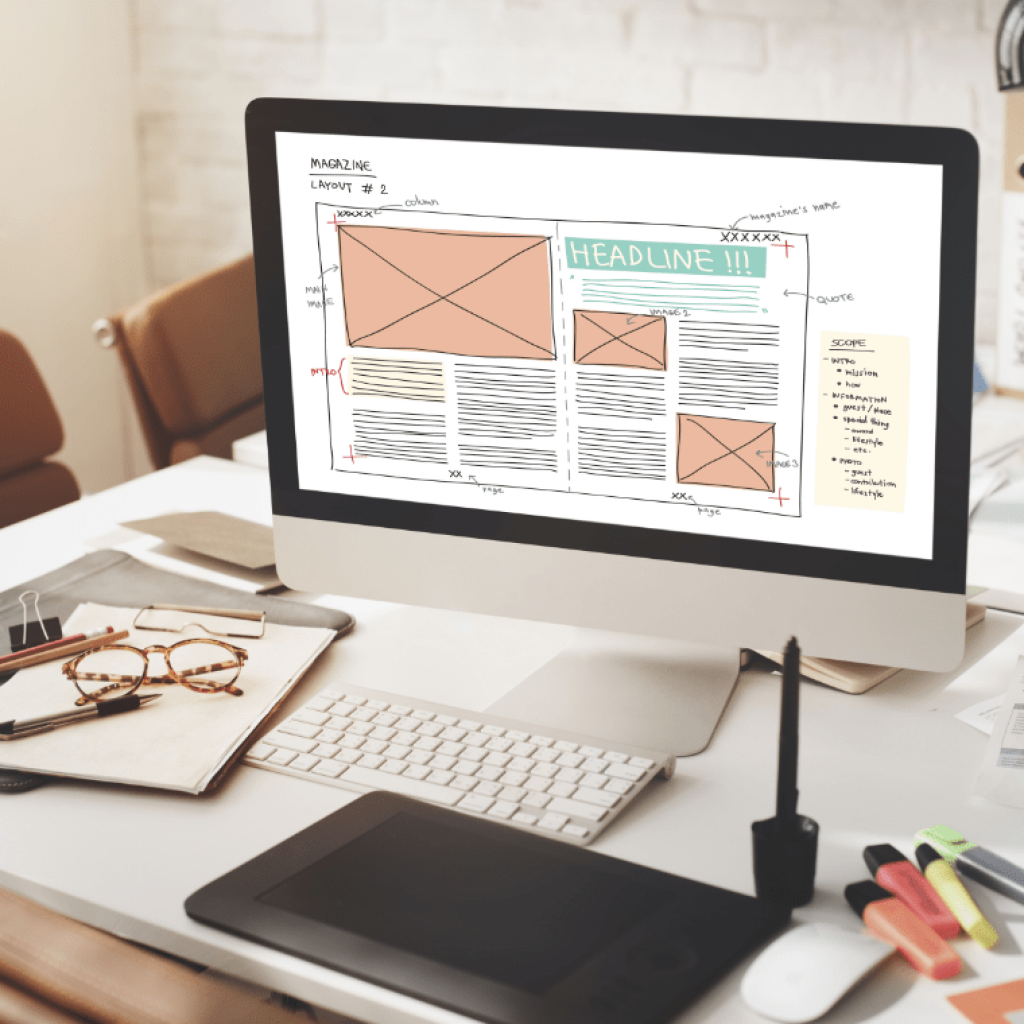Beyond Translations: The Work Involved in Publishing Translated Publications
A lot of hard work and effort goes into desktop publishing, which is the production of printed materials using a computer and printer. On the surface, the process seems straightforward: layout artists arrange texts and images so that they will fit into a page when printed. But in reality, it is a meticulous job that requires attention to detail, patience, and consistency. It also often involves the use of a sophisticated editing software to reduce human error.
So, while it may seem like an operation for small-scale publishers, there’s more to desktop publishing than meets the eye — especially if it involves translated material.
The Necessity of Localization
Localization is presenting things or ideas in ways that people from targeted locales can easily understand and relate to. Translating text from one language to another is just one form of localization. Other examples are:
- Using graphic styles that are currently popular in the target locale
- Converting units of measurement according to local norm
- Replacing symbols that a local culture deems offensive (e.g., the “thumbs up” gesture means “Up yours!” in the Middle East)
This is one of the most important parts of publishing any translated marketing collateral, magazine, or book. At Lingua Technologies International, we devote sufficient time for localization to avoid marketing blunders and print wastage.
Graphics Creation, Layout, and Typography
Translated text rarely ends up having the same word count as the original material. Also, languages have different word lengths. Words in Hangul (South Korea) and Pinyin (China) are compact, whereas those written in Greek and Afrikaans are often lengthy. This becomes an issue for layout.
Our layout specialists at Lingua Technologies International adapt their typographies and fonts to address word count and length issues. In some cases, they develop brand new fonts for practical (fitting lines of text on a page) and marketing purposes.
There is also the matter of graphics. In this era of stringent intellectual property rights laws, we work with graphic artists to render original visuals that do not only reflect the message of the original text but also adhere to the rules of localization.
Indeed, there is nothing simple about desktop publishing for translated works. If it is what you need, however, then Lingua Technologies International is up for the job. Contact us today.

